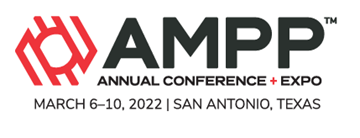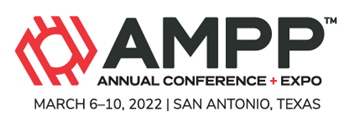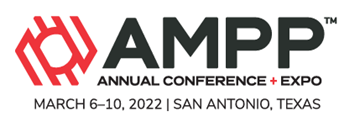Search
Laboratory Testing To Investigate If Coated Pipelines Are Safe For Transportation Of Hydrogen Gas
Also Purchased
Key Points Specifically For Transmission Pipeline Coating
Product Number:
51322-17760-SG
Publication Date:
2022
$20.00
Laboratory And Full-Scale Qualification Of An Abrasion Resistant Overcoat Wrap
Product Number:
51322-17633-SG
Publication Date:
2022
$20.00
Laboratory Evaluation Of Corrosion Inhibitor And The Performance Requirements In Gas Gathering And Transportation Pipelines
Product Number:
51322-17856-SG
Publication Date:
2022
$20.00




